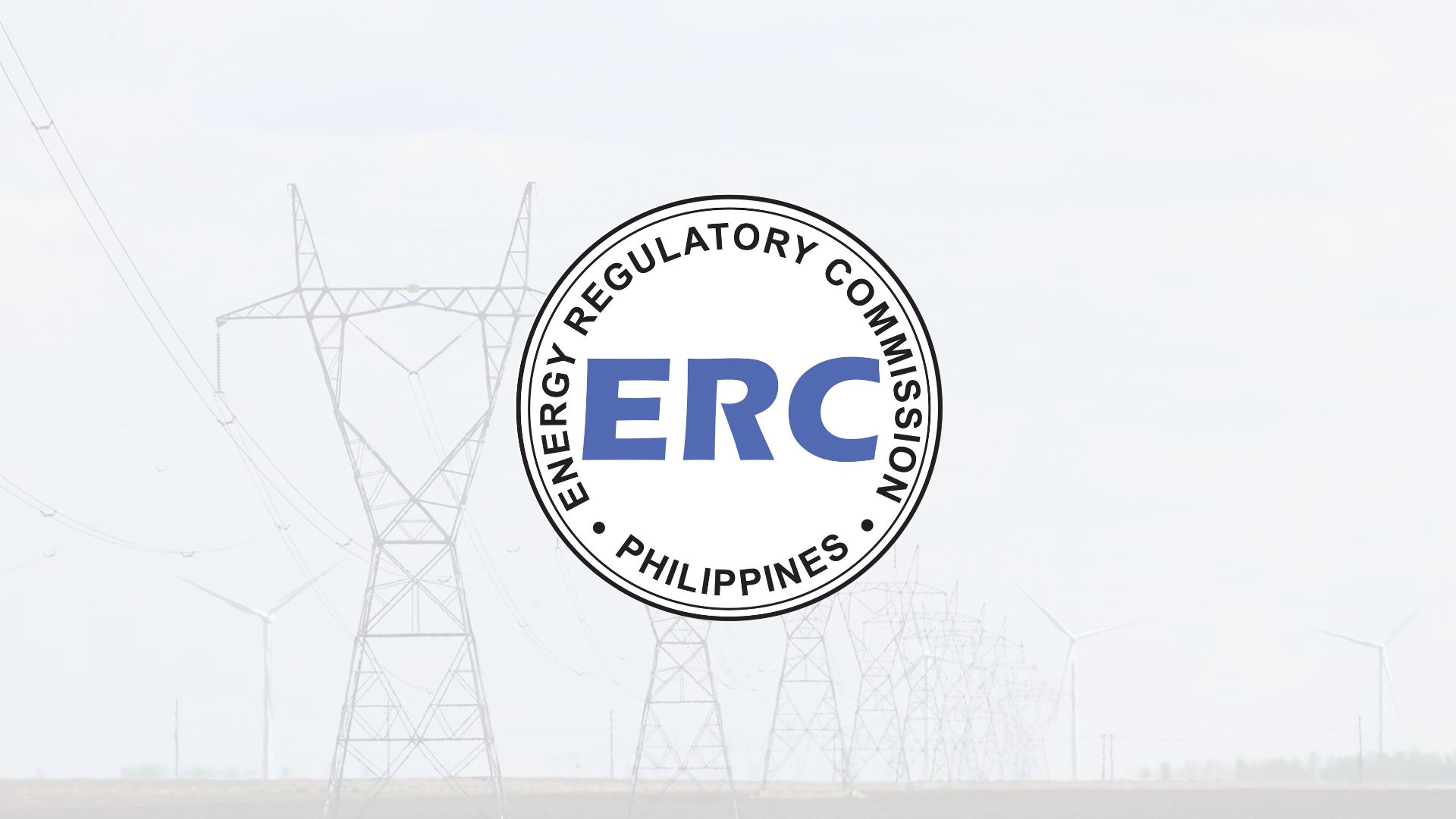ERC eyes EPIRA amendments to address high electricity costs
- December 2, 2024
- 0

Proposed amendments to the Electric Power Industry Reform Act (EPIRA) may provide long-awaited relief from high electricity rates.
In a report by Philippine Star, Energy Regulatory Commission (ERC) Chairperson and CEO Monalisa Dimalanta expressed confidence that the changes could address the issue of high power prices.
When questioned about the impact of the amendments on the rates, Dimalanta said that it would definitely help.
Prior to EPIRA, the National Power Corporation (NAPOCOR) controlled all aspects of the power industry.
The Electric Power Industry Reform Act (EPIRA), passed in 2001, aims to transform the Philippine power industry by unbundling it into four distinct sectors: generation, transmission, distribution, and supply, to encourage market competition and efficiency.
More than two decades later, President Ferdinand R. Marcos Jr. instructed Congress to review EPIRA and amend outdated policies to align with current industry needs.
Dimalanta emphasized the importance of restructuring the ERC itself, saying its current setup no longer matches the demands of the evolving power sector.
The ERC chairwoman added that the current structure of the commission needs to catch up with the speedy developments in the energy sector, as it is not capable of handling numerous stakeholders.
The sector now includes a single transmission operator, around 300 generation companies, and over 140 distribution utilities.
She added that restructuring the ERC could help address regulatory delays and enable the agency to better align with industry demands, ultimately contributing to more affordable electricity prices.
She also highlighted the ERC’s proposal to include emergency powers in EPIRA, enabling the commission to respond quickly to calamities without requiring a quorum.